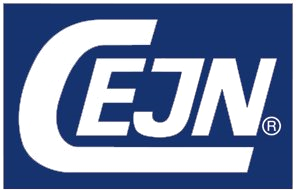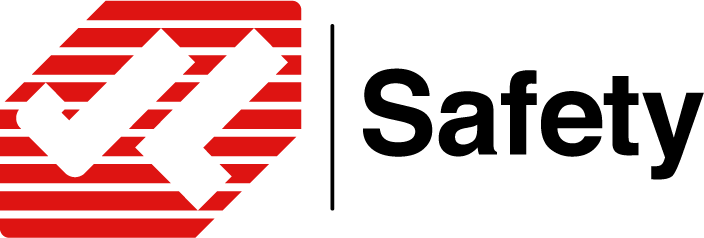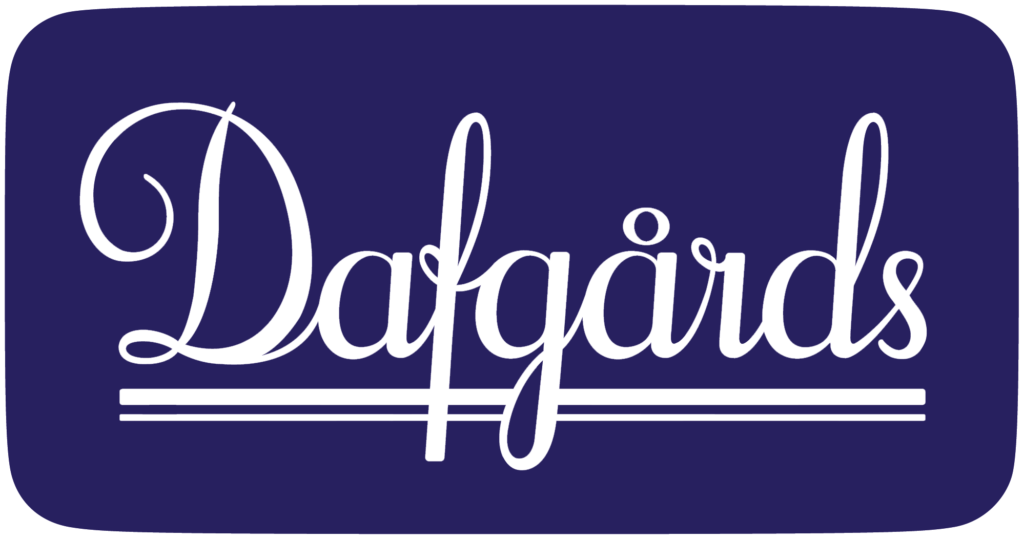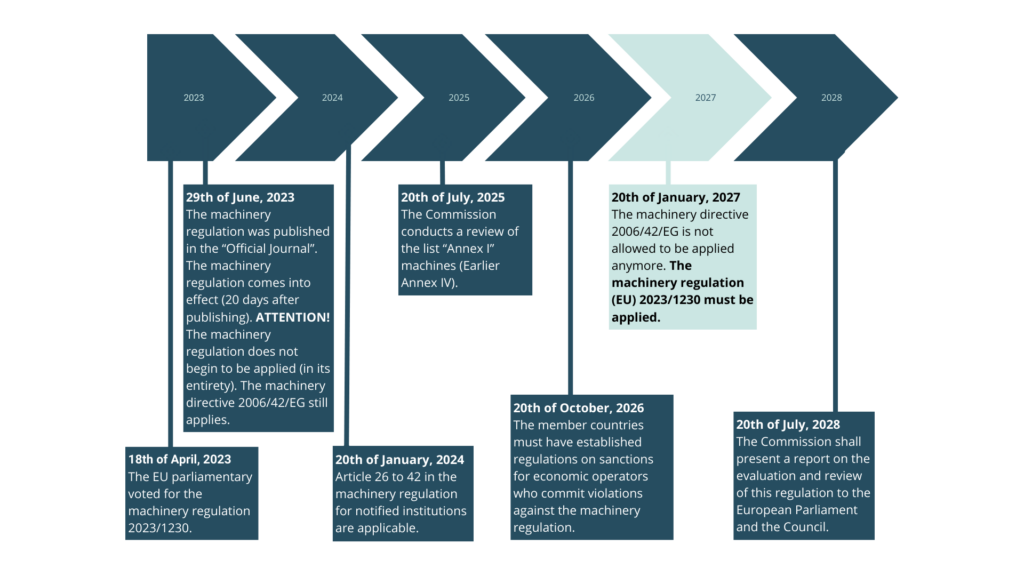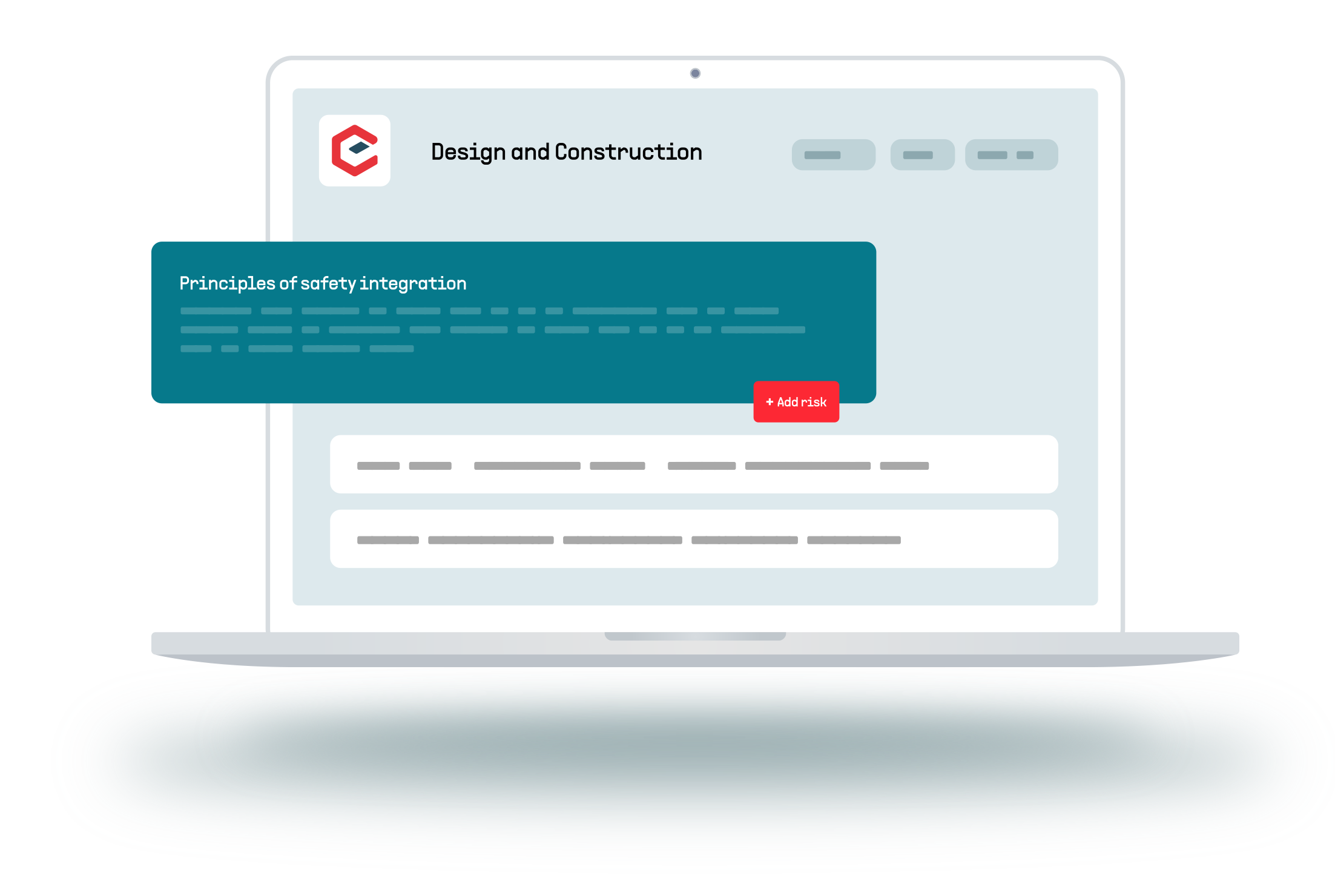
The software for a machine-safe workplace
We simplify your work on risk assessment, CE marking and documentation of machinery.
Reference customers
Making it easy to do the right thing
We know how difficult it can be to keep track of all the legal requirements and rules that apply to machinery safety. So we’ve made it easy for you to do the right thing. By using CEDOC, you can meet the requirements, minimise risks and create safe workplaces for everyone.
User friendly
Using CEDOC should always be simple and easy.
Reliable and safe
You should always feel confident that our solutions are reliable.
Quick and easy support
We are always ready to help you if you need us along the way.
New machine
Inspection/modification of existing machinery
What applies to you?
When it comes to risk assessment and CE marking, it can be confusing what needs to be done, which rules to follow and how to do it. But don’t worry, we clarify what applies for both new machinery and inspection or modification of existing machinery.
Packages and prices
Our different licence packages are shown below. The prices is for companies outside of Sweden.
CEDOC Industrial Edition
CEDOC Machine Supplier Edition
CEDOC Expert Edition
News

We make it easy to reduce risks
At Cedoc we believe that everyone has the right to a safe workplace. Our mission is to raise awareness, share knowledge and make everyday life easier for all those affected by the legal requirements of machine safety.
Our software helps you to risk assess and CE mark both new and old, rebuilt and existing machinery.
Getting started
Are you ready to reduce risks? We help you step by step towards creating a machine-safe workplace for your employees. Try CEDOC and experience how simple and user friendly our software is and how good it feels to minimise risks and create safety.
